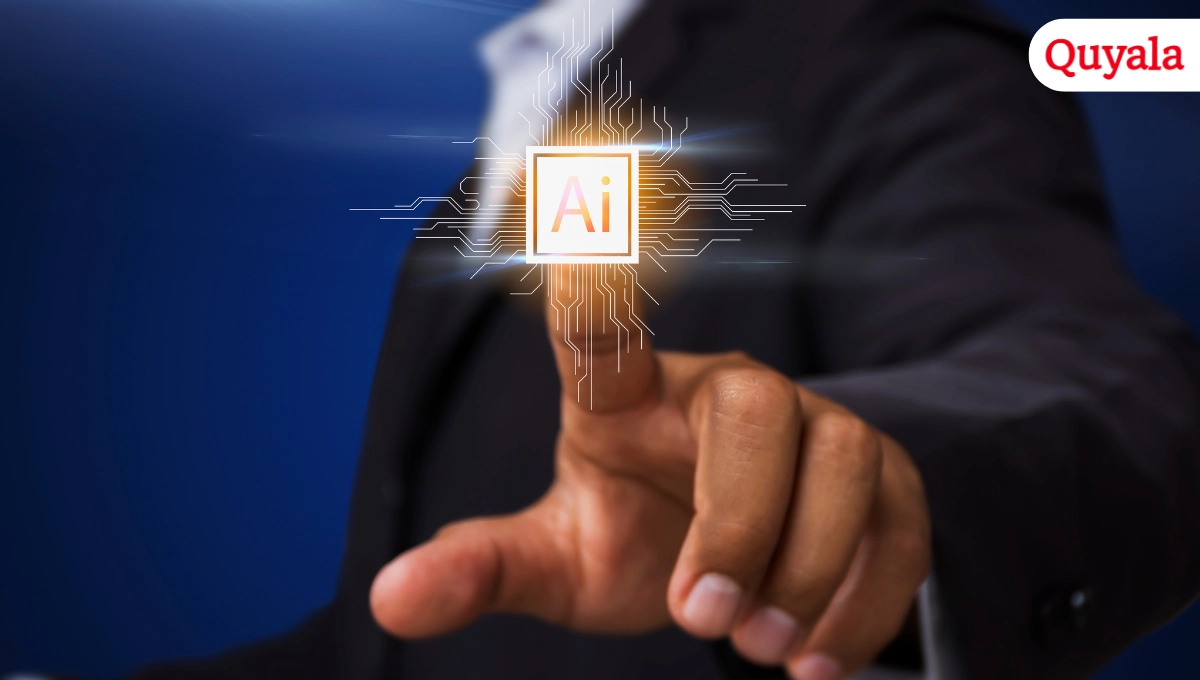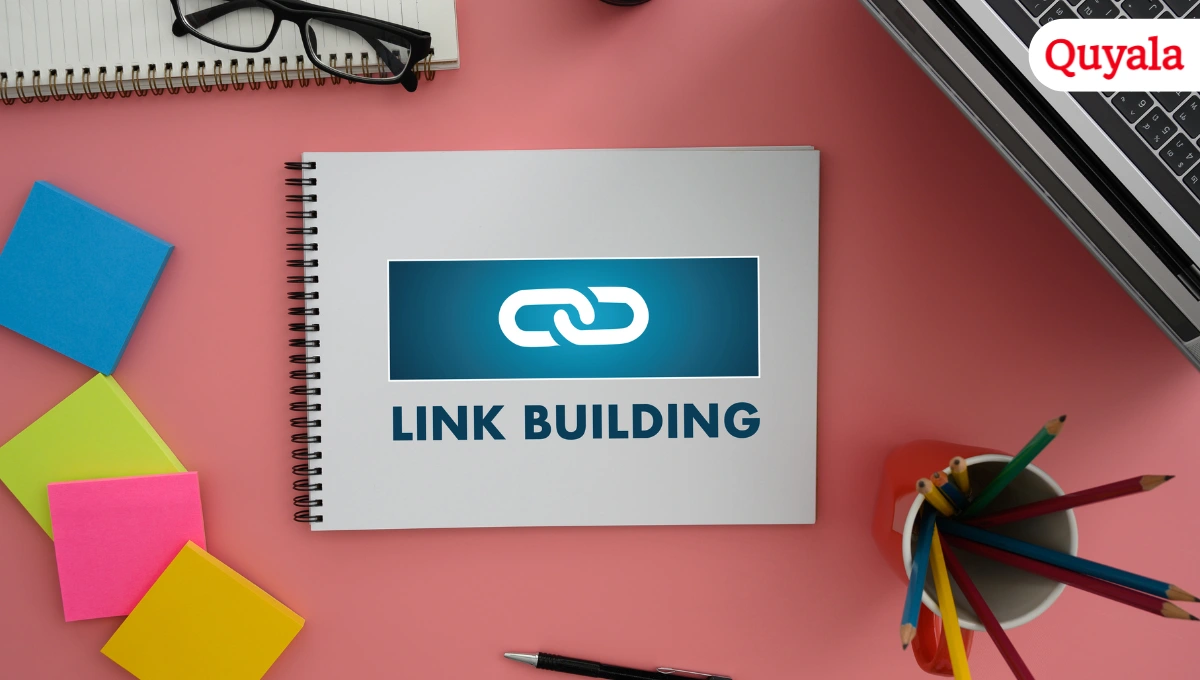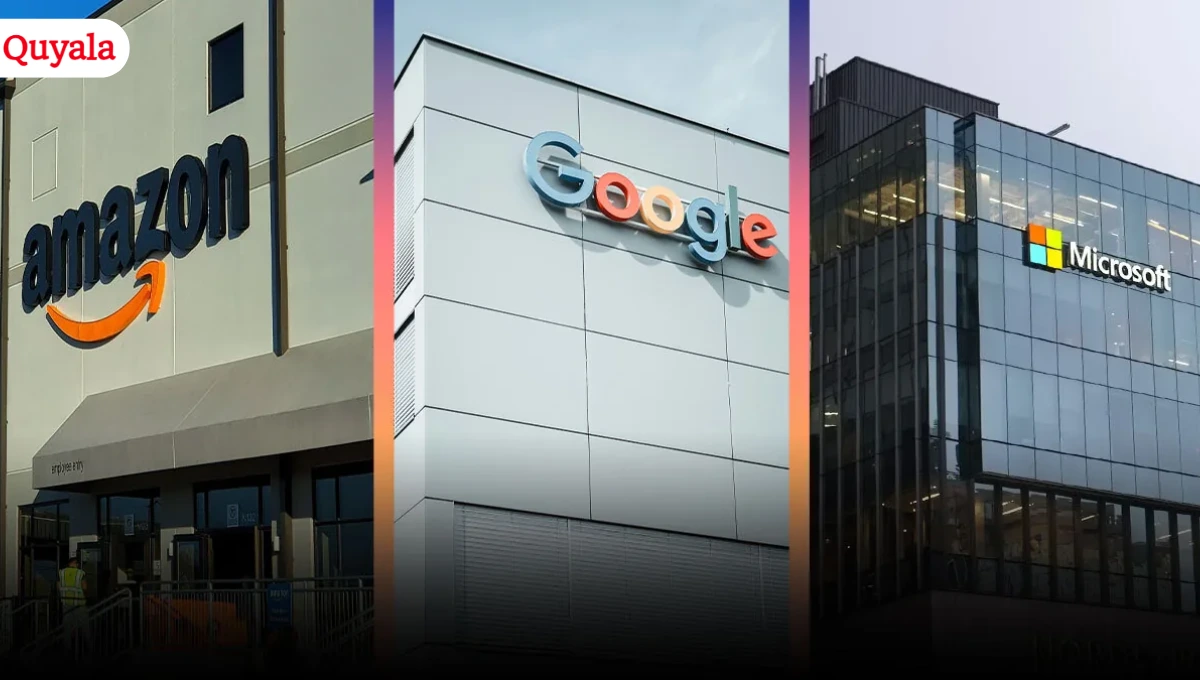Let’s just say it like it is—AI’s everywhere now. It’s not some future thing anymore. It’s in your phone, your apps, your job, maybe even your TV. One minute it’s helping you choose what movie to watch, the next it’s writing entire reports or answering emails for someone.
Cool, yeah. But here’s the thing—are we actually ready for how fast this is all happening? It’s no surprise that platforms offering dynamic digital experiences are gaining traction, and people looking to read more about high-tech gambling options often find themselves surprised by how algorithm-driven these environments have become.
Work’s Not What It Used To Be
A few years ago, AI just helped with small stuff—basic tasks. Now? It’s doing real jobs. Like writing articles, coding apps, even scanning x-rays, or giving legal advice.
This means fewer people are needed for certain tasks. That’s scary for some. But also, there’s new stuff popping up too—like roles for people training AI or checking its mistakes.
Still, not everyone can switch that fast, right? It’s like… the world’s running, but not all of us got the same shoes on.
The Skills Gap Is Kinda Huge
Here’s a real problem: schools, courses, even companies… they’re not moving quickly enough.
We’re talking about needing to know coding, how to work with data, think fast, learn new tools… but lots of folks out there are still learning the old way. You get me?
And if you’re in your 30s or 40s with a job, family, rent to pay—when are you supposed to just stop and learn AI stuff?
Honestly, we need better training. Short, clear, real-world stuff. Not everyone’s got time for a full degree again.
It’s Not Just About Jobs—It’s About Fairness
Here’s something not enough people talk about: AI isn’t always fair.
It learns from data. And guess what? Data isn’t always clean. Sometimes it’s biased. So, if you use AI to hire someone or approve a loan, or even in police work, it might mess up big time. And it might not be fair to everyone.
Also, let’s be real—only a handful of companies own most of the powerful AI tools. That can be dangerous. If all the tech (and profit) stays with the same few players, what happens to everyone else?
What Even Is Work Now?
This one’s deep.
If AI does more and more… what do humans do?
Some say this is a good thing. That we’ll have more time for stuff that matters—creative work, taking care of each other, building community.
Others say… ehh, not everyone will be okay with that. A lot of people tie their identity to their job. If that’s gone, what’s left?
Honestly? We don’t know yet. We’re figuring it out as we go.
So… Are We Ready?
Kinda? Not fully. Tech-wise, yeah—we’ve done wild things. AI’s super advanced now.
But people? Systems? Schools? Governments? They’re catching up slowly. Too slow.
A lot of people still don’t have the tools or access to keep up. A lot of leaders are more focused on making quick money than building something that works long-term.
If we want a fair future, we’ve got to fix that. It’s not just about building smart tech. It’s about making sure people don’t get left behind.
Real Talk at the End
AI’s not the enemy. It’s a tool. But like any tool, it depends on how we use it. Are we gonna build a better world with it? Or make the gaps even bigger?
That’s up to us.
Read More About
- Mithilesh Patankar (Mythpat): The Man Who Turned Laughter and Gaming Into a Full-Time Career
- Khan Sir Biography – His Age, Marriage Status and Youtube fame
- Captain Anshuman Singh Biography – A Real Hero’s Story
- Most Beautiful Women in the World: A Tribute to Timeless Beauty
- Most Handsome Men in the World – Beyond Just Good Looks
- Fiction Novels That Hit Different – Find Your Next Favorite Escape



